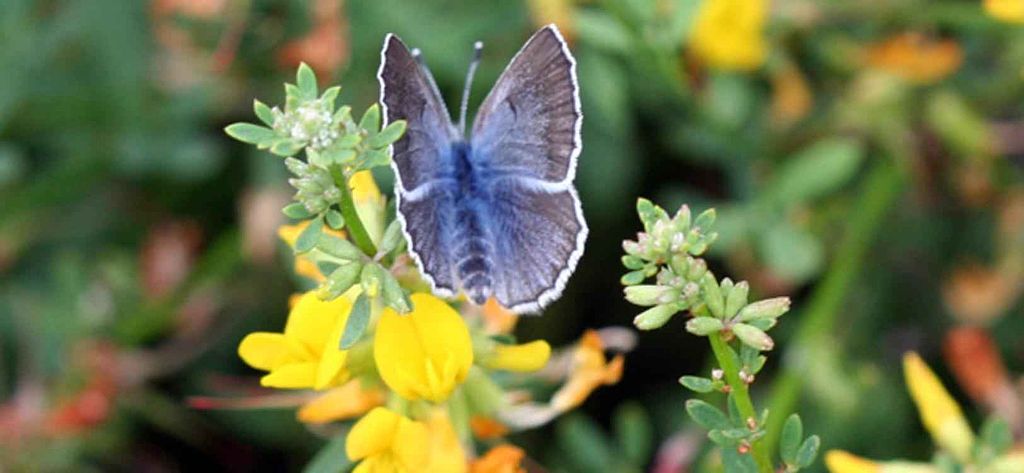Wildlife Without Borders Critically Endangered Animals Conservation Fund
The Wildlife Without Borders - Critically Endangered Animals Conservation Fund will fund projects that conserve the worlds most endangered species.
Species eligible for funding are those that face a very high risk of extinction in the immediate future.
Species should meet the criteria to be listed as Critically Endangered or Endangered on the International Union for the Conservation of Nature (IUCN) Red List.
Species listed as Data Deficient on the IUCN Red List are also eligible if the applicant can provide information that suggests a similar urgency for conservation action.
Species listed as Extinct in Wild are eligible if the applicant is proposing a reintroduction attempt.The following species are NOT eligible for funding: Species with natural habitat range located within the United States, territories of the United States, Canada, and the high income economies of Europe; Species that are eligible for funding under one of the Multinational Species Conservation Fund programs, including:
Asian elephant, African elephant, rhinoceros (all species), tiger (all sub-species), gorilla, chimpanzee, bonobo, orangutan, gibbons (all species) and marine turtles (all species); and Amphibian species that are eligible for funding through the Wildlife Without Borders - Amphibians in Decline program, including frogs, toads, salamanders, newts, and caecilians.
The goal of this grants program is to reduce threats to highly endangered wildlife in their natural habitat.
Proposals should identify specific conservation actions that have a high likelihood of creating durable benefits.
Project activities that emphasize data collection and status assessment should describe a direct link to management action, and explain how lack of information has been a key limiting factor for management action in the past.
Proposals that do not identify how actions will reduce threats, or do not demonstrate a strong link between data collection and management action, are not eligible for consideration.Proposed project work should occur within the species range, or, if work is to be conducted outside of the range, the proposal should show a clear relevance to its conservation.
To the extent that it provides clear, direct support for the program objectives above, proposed work may also relate to climate change adaptation, mitigation and education.
Proposals that emphasize ex-situ conservation and captive management are not eligible for consideration.
Species eligible for funding are those that face a very high risk of extinction in the immediate future.
Species should meet the criteria to be listed as Critically Endangered or Endangered on the International Union for the Conservation of Nature (IUCN) Red List.
Species listed as Data Deficient on the IUCN Red List are also eligible if the applicant can provide information that suggests a similar urgency for conservation action.
Species listed as Extinct in Wild are eligible if the applicant is proposing a reintroduction attempt.The following species are NOT eligible for funding: Species with natural habitat range located within the United States, territories of the United States, Canada, and the high income economies of Europe; Species that are eligible for funding under one of the Multinational Species Conservation Fund programs, including:
Asian elephant, African elephant, rhinoceros (all species), tiger (all sub-species), gorilla, chimpanzee, bonobo, orangutan, gibbons (all species) and marine turtles (all species); and Amphibian species that are eligible for funding through the Wildlife Without Borders - Amphibians in Decline program, including frogs, toads, salamanders, newts, and caecilians.
The goal of this grants program is to reduce threats to highly endangered wildlife in their natural habitat.
Proposals should identify specific conservation actions that have a high likelihood of creating durable benefits.
Project activities that emphasize data collection and status assessment should describe a direct link to management action, and explain how lack of information has been a key limiting factor for management action in the past.
Proposals that do not identify how actions will reduce threats, or do not demonstrate a strong link between data collection and management action, are not eligible for consideration.Proposed project work should occur within the species range, or, if work is to be conducted outside of the range, the proposal should show a clear relevance to its conservation.
To the extent that it provides clear, direct support for the program objectives above, proposed work may also relate to climate change adaptation, mitigation and education.
Proposals that emphasize ex-situ conservation and captive management are not eligible for consideration.
Related Programs
Wildlife Without Borders - Critically Endangered Animal Conservation Fund
Department of the InteriorRelevant Nonprofit Program Categories
Obtain Full Opportunity Text:
How to Apply
Additional Information of Eligibility:
Applicants under this program can be: individuals; multi-national secretariats federal, state and local government agencies; non-profit, non-governmental organizations; and public and private institutions of higher education.
U. S. non-profit, non-governmental organizations must submit documentary evidence of their Section 501(c) (3) non-profit status.
Full Opportunity Web Address:
http://www.fws.gov/international/grants-and-reporting/how-to-apply.html
Contact:
Corrie MauldinInternational Affairs SpecialistPhone 703-358-2637
Agency Email Description:
corrie_mauldin@fws.gov
Agency Email:
corrie_mauldin@fws.gov
Date Posted:
2013-03-08
Application Due Date:
2013-05-01
Archive Date:
2013-05-31
Social Entrepreneurship
Spotlight
When it Comes to Social Enterprises, Failure is the Best Platform for Innovation

In the world of social enterprises, failure is a cringe-worthy moment nobody wants to talk about. But, social entrepreneurs can benefit from their failures.

